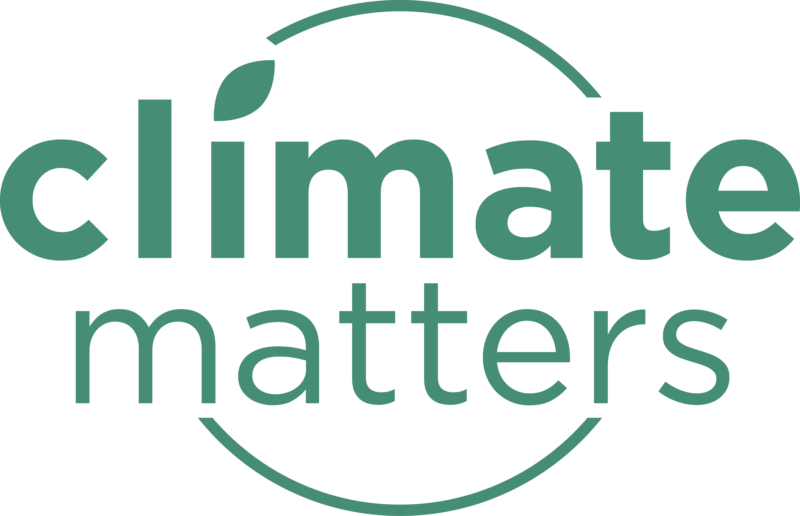Blogpost series: Current protests for climate protection
As the protests for more political engagement in climate protection have spread to even more countries and expandend from schoolchildren protesting on “Fridays for Future” to “Scientists for Future” supporting them, we have decided to publish a series of blogposts on this social movement, its coverage in the debate and in media reporting. This post […]
Public protests “for future” as part of citizenship – children and scientists included
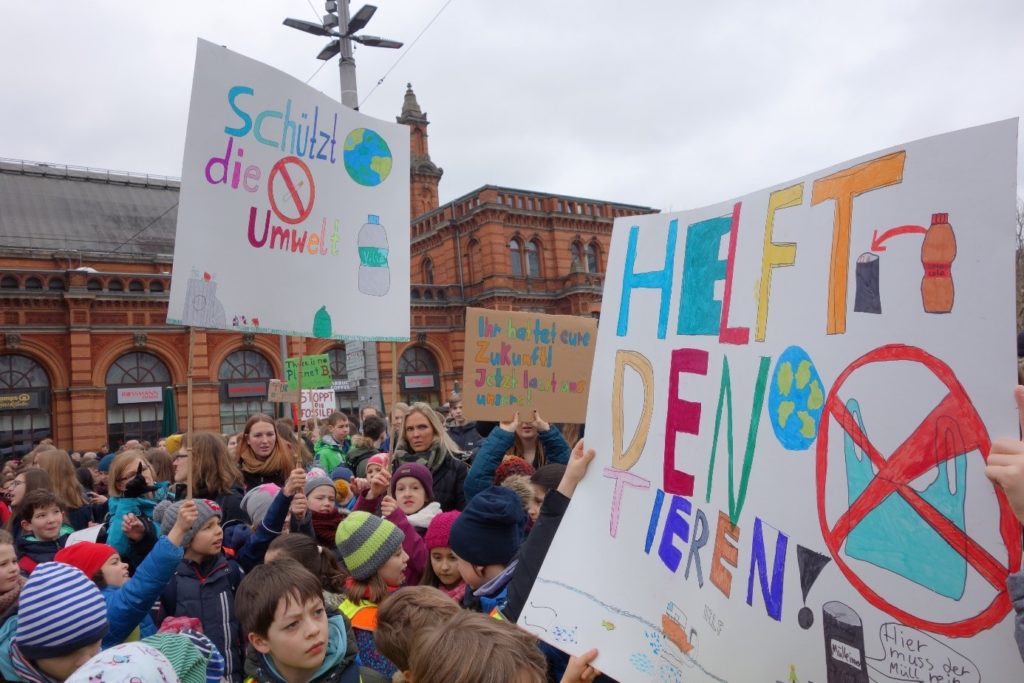
Today, I went to the streets with my ten-year-old son. It was his first protest march, and my second. We went with his elementary school class, loudly shouting: “don’t steal our future!” And while German politicians claim that they understand the children’s concerns, they also claim, more or less implicitly, that the children do not […]
“Fridays for Future” – Can the next generation save our world?
Young people are often criticised as self-centred and politically disinterested. But recently, the next generation has been engaging more and more in climate politics, and their voice is getting heard – at least in media coverage.
COP24 – Paris 2.0?! Well, no.
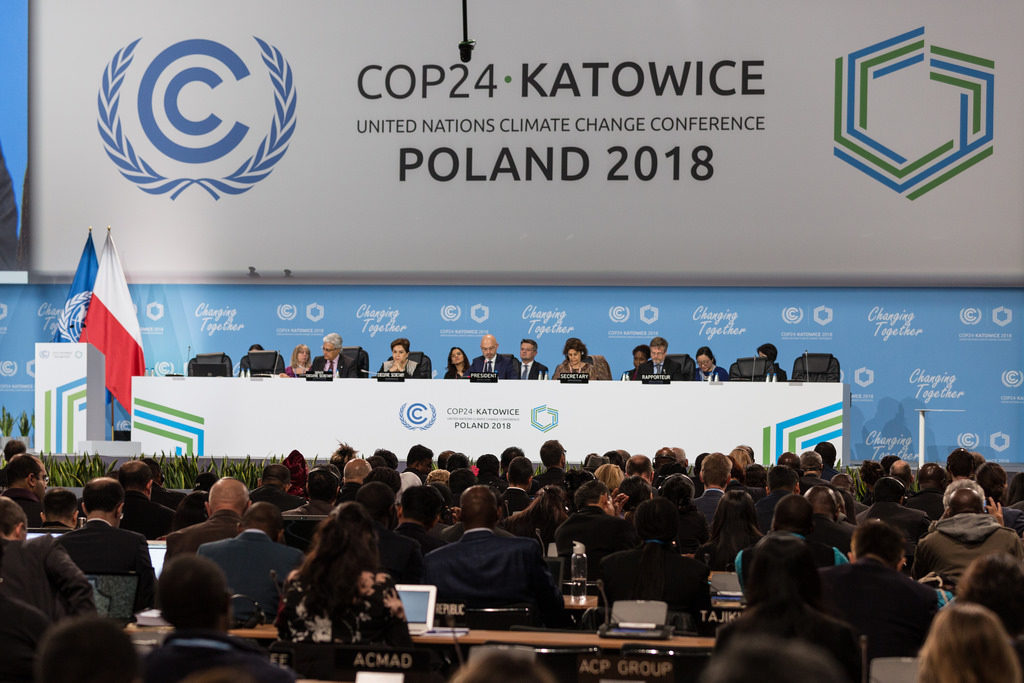
“The Conference of the Parties, Recalling the Paris Agreement, adopted under the Convention, Also recalling decisions 1/CP.21, 1/CP.22, 1/CP.23, 1/CMA.1 and 3/CMA.1, Further recalling decisions 6/CP.1, 6/CP.2, 25/CP.7, 5/…” [1] This is how ‘good’ stories start these days… if we consider ‘good’ to be the mere existence of a final document. In this light, on […]
Coal vs. goals: unfortunate choice of decoration undermines credibility of negotiations at COP24
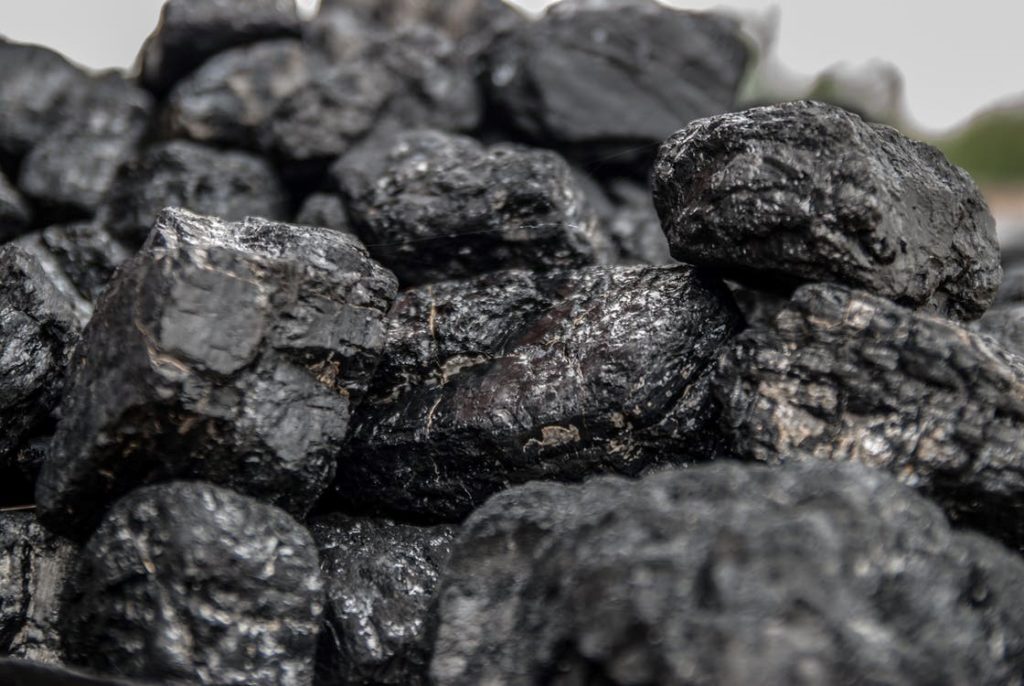
Efforts of the 24th Conference of the Parties (COP24) to the United Nations Framework Convention on Climate Change (UNFCCC) taking place in Katowice, Poland, between December 2nd and 14th are being overshadowed, quite literally, by a cloud of coal enveloping the conference center, which is located just 3 miles from the Wujek coal mine. Following […]
Six theses for a constructive climate communication
In his column “On the subject” for the Deutsche Klima Konsortium (DKK), Prof. Dr. Michael Brüggemann presents six theses for a constructive climate communication. You can find the complete editorial here (in German only).
Wissenschafts-Kommunikation im Trump-o-zän: Wie wir alle das post-faktische Zeitalter verhindern können
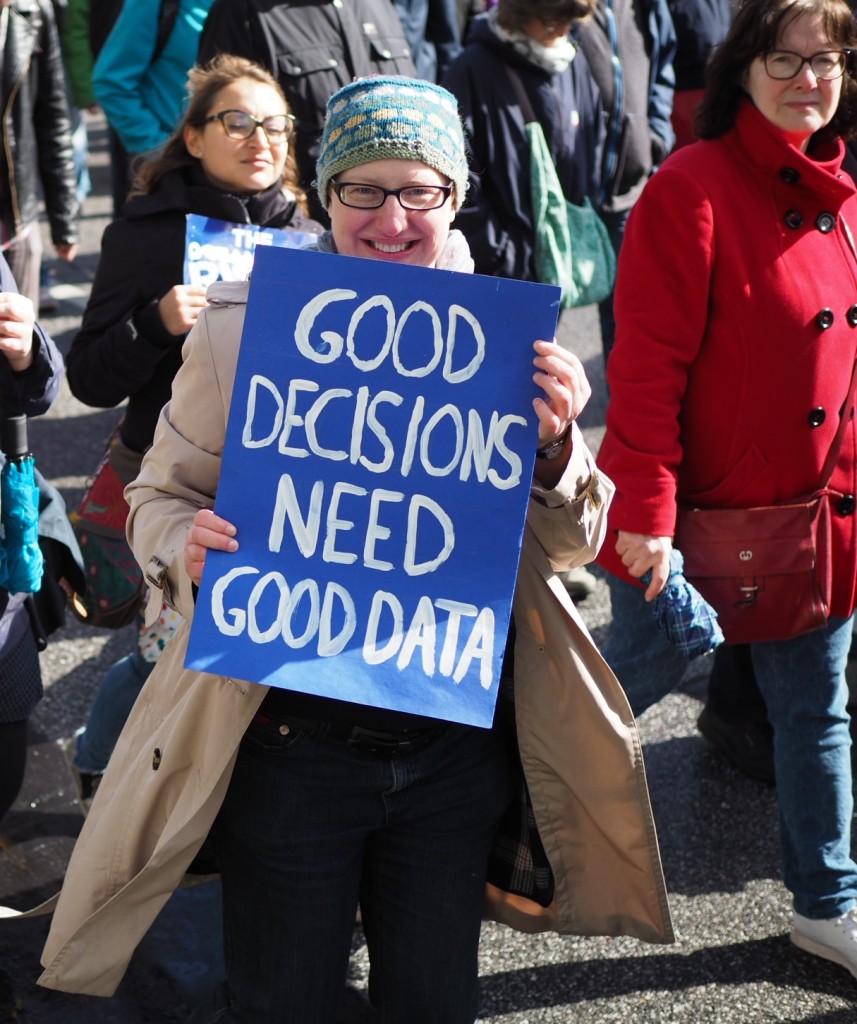
Der amtierende US-Präsident ist nicht der einzige, aber einer der lautesten Vertreter einer “postfaktischen” Sichtweise, die sich durch die Leugnung von Verantwortung und einen Rückzug in Subjektivität auszeichnet und in der wissenschaftliche Fakten nach Belieben zur Kenntnis genommen oder ignoriert werden können. Zu der Frage, wie sich Wissenschaft und Medien auf diese veränderten gesellschaftlichen Rahmenbedingungen […]
Vertrauenskrise der (Klima-)Wissenschaft – oder des Klimajournalismus? Eine Replik

In einem aktuellen Artikel interpretiert Hanno Charisius von der Süddeutschen Zeitung die Ergebnisse des Wissenschaftsbarometers 2016 als ein „Alarmsignal für die aufgeklärte Gesellschaft“ angesichts eines starken Misstrauens gegenüber der Wissenschaft, insbesondere der Klimawissenschaft. Ein genauerer Blick auf die Originaldaten offenbart allerdings, dass diese Schlussfolgerungen kaum gerechtfertigt sind. Zudem zeigen Daten unserer eigenen aktuellen Befragung zum […]
Journalism at the frontlines of civic action
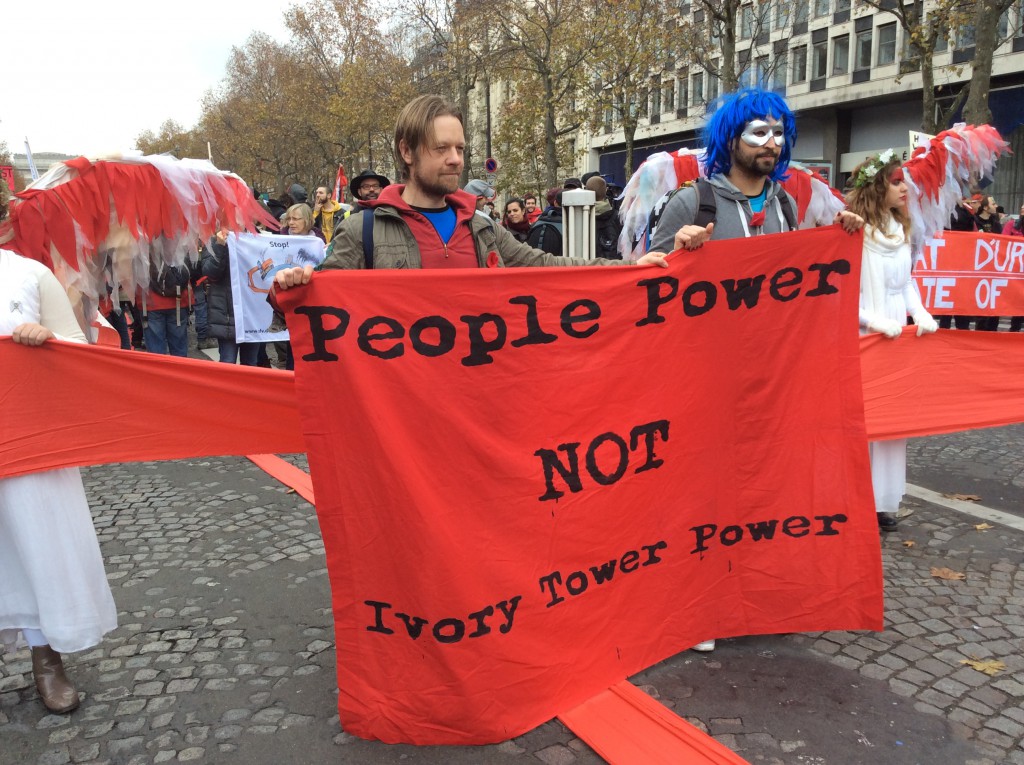
On Saturday morning the COP went past its scheduled finishing time. With successive postponements of the release of the agreement text (which what was going to be, in all likelihood, a watered down, strategically vague version of what the world needed) I found myself wondering what to do.
What can Google Trends tell us about COP21?
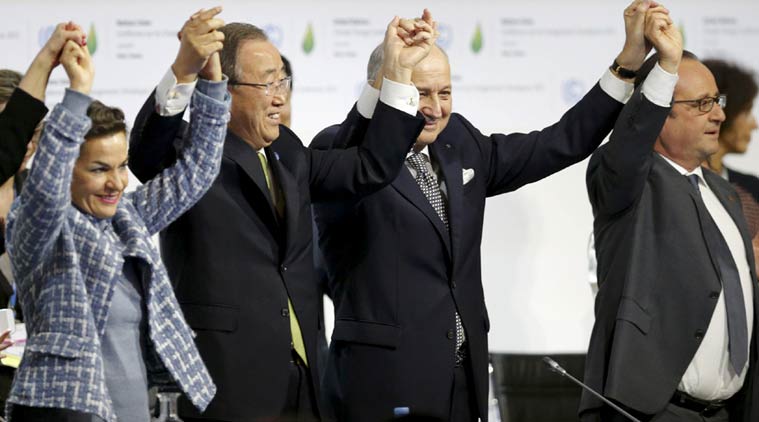
COP21 in Paris ended on Saturday night with a global pact to reduce emissions and keep global warming below two degrees. It was the first time that all 196 participating countries agreed on such a deal and as such now is a good time to reflect on the eventful two weeks.
